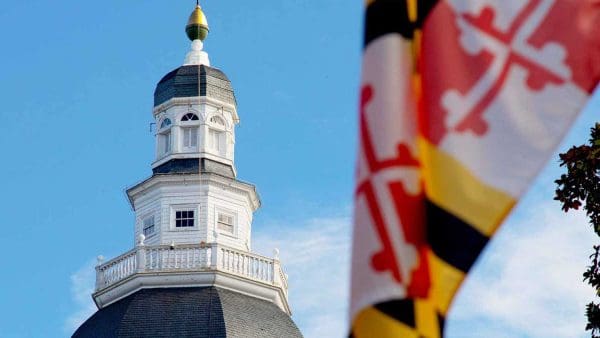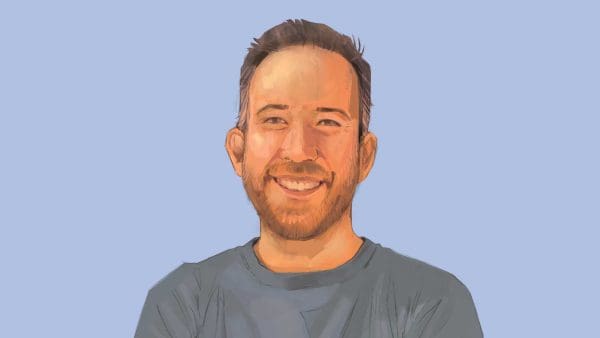Medical Anthropologist

Education
- 1986 Bachelor’s degree, cultural anthropology, Bryn Mawr College
- 1992 Master’s degree, cultural anthropology, Johns Hopkins University
- 1998 Doctoral degree, cultural anthropology, Johns Hopkins University
Notable
- A senior scholar at the Johns Hopkins Center for Health Security and a senior scientist in the Department of Environmental Health and Engineering at the Bloomberg School of Public Health
- Areas of expertise include community resilience to disaster, public engagement in policymaking, crisis and risk communication, and public health emergency management
- During COVID-19 response, collaborated in producing guidance to top executives in the nation on reopening principles, mental health challenges of the pandemic, and school reopening decisions
- Published more than 15 COVID-19-related articles during the past 18 months to help guide communities during the pandemic
National advisory roles
- The Homeland Security Subcommittee of the Board of Scientific Counselors for the U.S. Environmental Protection Agency
- The Resilient America Roundtable of the National Academies of Sciences, Engineering, and Medicine (NASEM)
- NASEM Committee on Community Engagement in Southeast Texas: Pilot Project to Enhance Community Capacity and Resilience to Floods
In Her Own Words
There will be certain messages that resonate really well in Baltimore City among local Black communities that may not resonate well with rural frontier Hispanics in southeastern Idaho. So we have to have to those hyperlocal perspectives.”
The New York Times, Dec. 2020, on encouraging people to get vaccinated.
Humans are not as simple as viruses. They have personal histories, opinions, wants, and needs. They are embedded within social networks that have their own unique configurations of worldviews, and they are members of cultures that offer particular interpretations of the body, disease, and treatment—which do not always conform to the perspectives or interests of biomedicine and public health.”
Sapiens Anthropology Magazine, Jan. 2021
Community engagement is hard, time-consuming work that requires an adequate number of personnel and a robust operating budget, and we need to get dollars into these type of line items.”
Phoenix New Times, Feb. 2021




